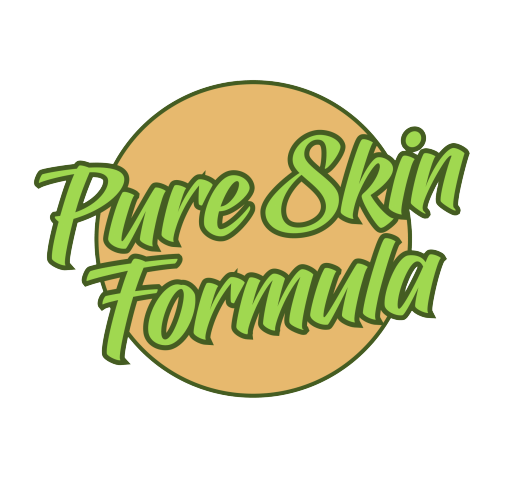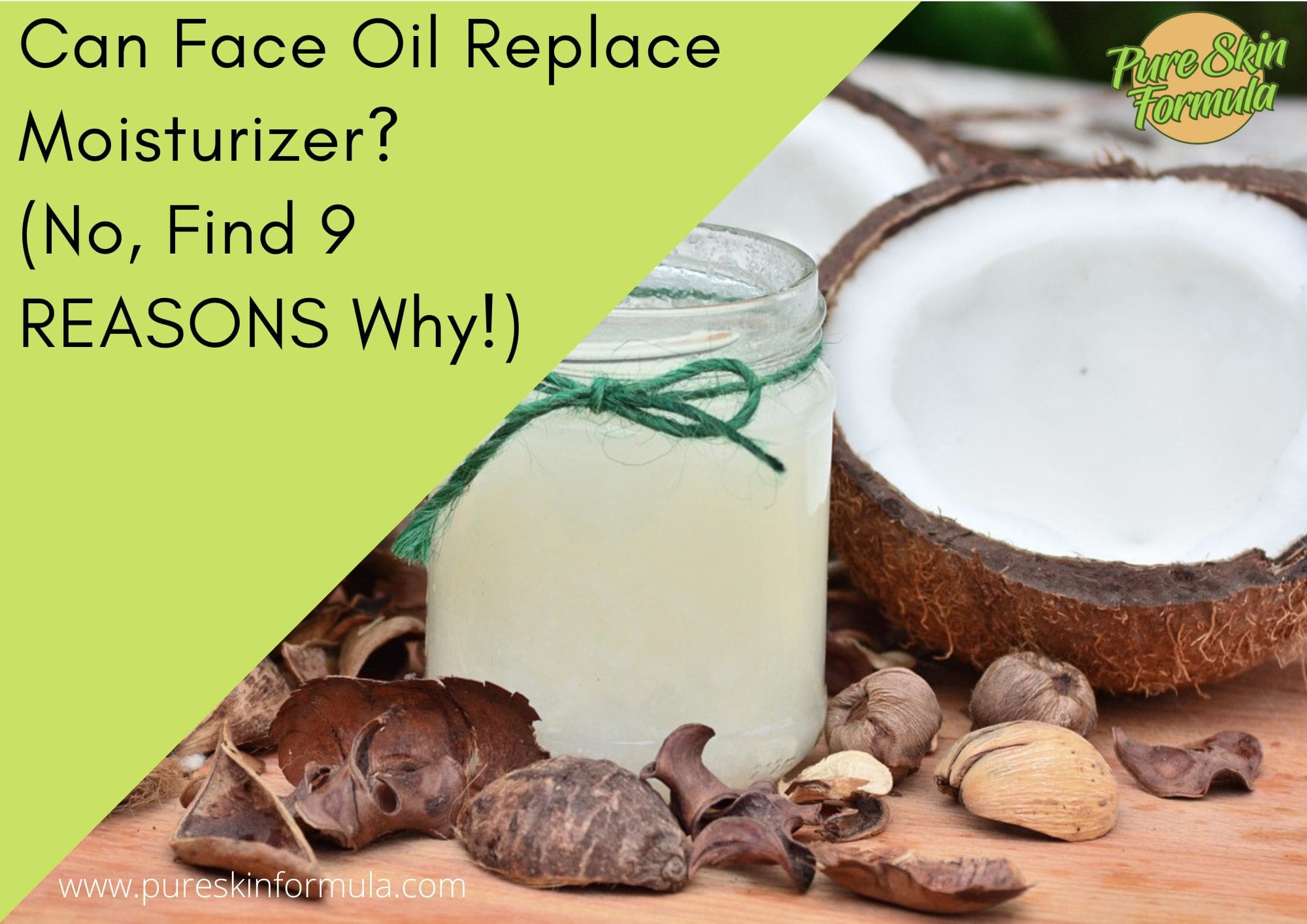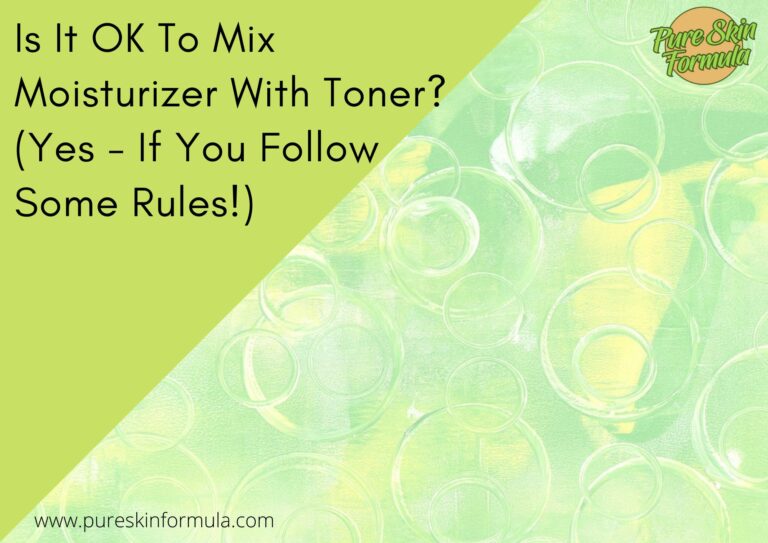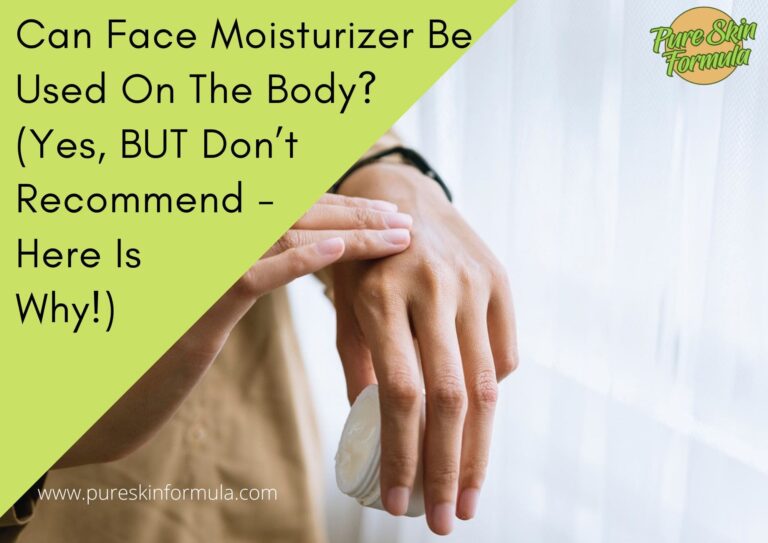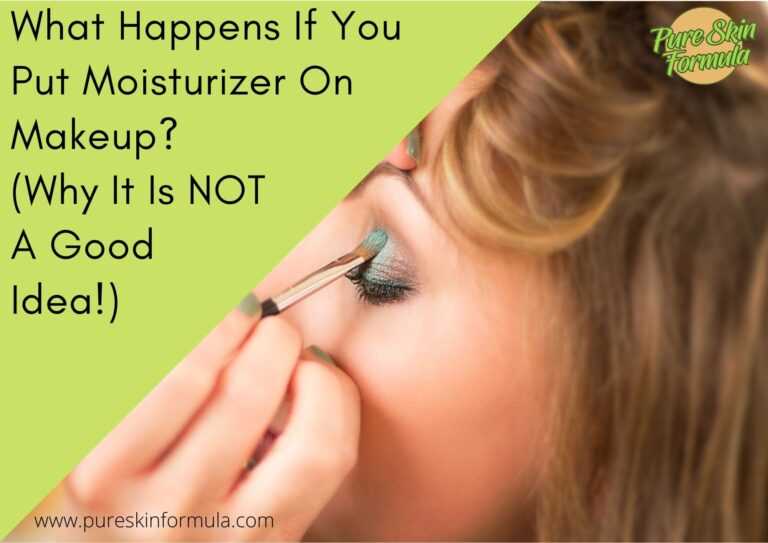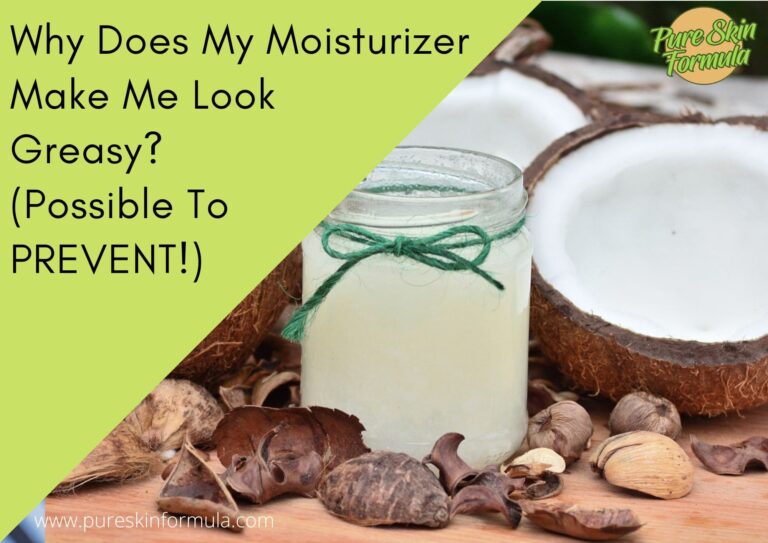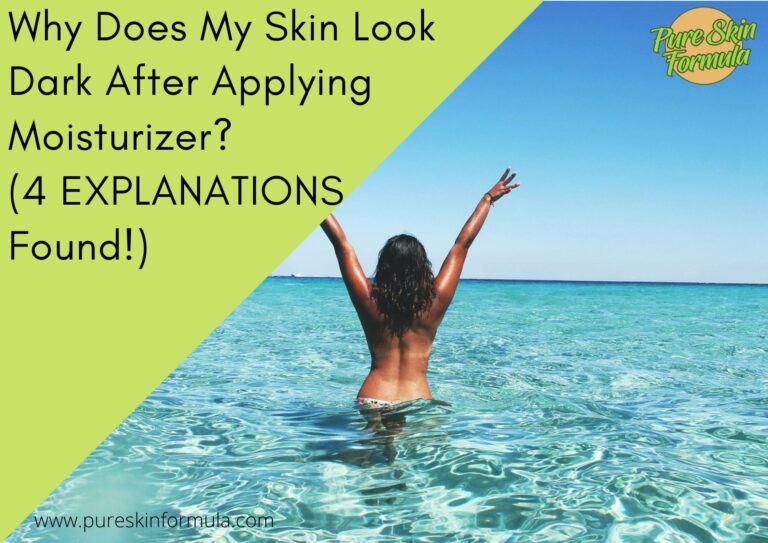Slathering ourselves with oils to improve the condition of our skin has been known for centuries.
The oil softens and moisturizes the skin and is an excellent way of maintaining skin. But ancient people experimented with improving their skincare routine.
The Greek physician Galen created the first emulsion of beeswax, rose water, and olive oil in the 2nd century A.D.
Here comes the question, why do emulsions (creams) exist as we can slather on oil?
Can Face Oil Replace Moisturizer?
In my opinion, no, because:
- Even if you only apply oils, it’s better to do it on moisturized skin for a better softening effect and more pleasant spreading on your skin;
- Applying only oils on your skin long term can dry out the skin if certain oils are used;
- It is a matter of aesthetics. The moisturizer is elegant and pleasant to use. The water content improves the feel of contact with the skin and has a cooling effect than oil (butter);
- The moisturizer is the only option for hydrating very oily skin where oils are unsuitable;
- Emulsions have different forms for each case and taste: moisturizer, cream, lotion, milk, or ointment;
- Emulsions have a spectrum of properties: the cream can range from light to heavy, from easily absorbed to form a film on the skin;
- Emulsions allow the incorporation of active ingredients in the moisturizer that are not soluble in oils, such as hyaluronic acid, various extracts, aloe, etc.;
- They also allow the combination of water-soluble and fat-soluble ingredients, which is impossible in oils. Thus, the incorporated elements through the emulsion form easily reach the necessary level in the skin to “work” there;
- It is about compatibility. The moisturizer, through the different phases of the emulsion, allows the inclusion in the cream of generally incompatible ingredients.
Let’s go into detail on some of the above topics.
Is face oil or moisturizer better?
The moisturizer is an emulsion, and it is better than oil.
How is a cosmetic emulsion made?
With the help of particular substances (emulsifiers), the water and oil ingredients are mixed so that the water and oil molecules do not repel each other but join together or disperse (dissolve) in each other.
There are two main types of emulsions.
Oil in water emulsions – the oil is slowly dissolved in the water with the help of an emulsifier
Their advantages are:

- quickly spread on the skin and easily absorbed
- do not cause clogging of pores and formation of comedones
- do not make the skin greasy, and do not leave an oily film
- do not leave a sticky layer on the face
- they are ideal for combination and oily skin
- suitable for creating sunscreens
They are unsuitable for dry skin due to the rapid loss of water in the emulsion (water in this emulsion represents the “majority” and evaporates quickly from the skin).
However, dry skin will also be acceptable if the cream is enriched with various moisturizing assets (such as hyaluronic acid, polysaccharides, etc.).
They are easily washed off with water, thus pulling out some of the skin lipids.
Water in Oil Emulsions – the water molecules (droplets) are distributed in an oil medium and stabilized by special emulsifiers
The advantages of these emulsions are:
- they are not easily rinsed with water and do not allow washing of their skin lipids;
- create a protective film on the skin surface, which prevents the loss of moisture from the deep layers of the skin;
- suitable for dry skin
Since these emulsions are more oily and heavy, they spread more difficult on the skin’s surface.
As the primary medium of the emulsion is oil and the water in it is “locked”, it cannot evaporate from the skin surface quickly and efficiently as with the other emulsions.
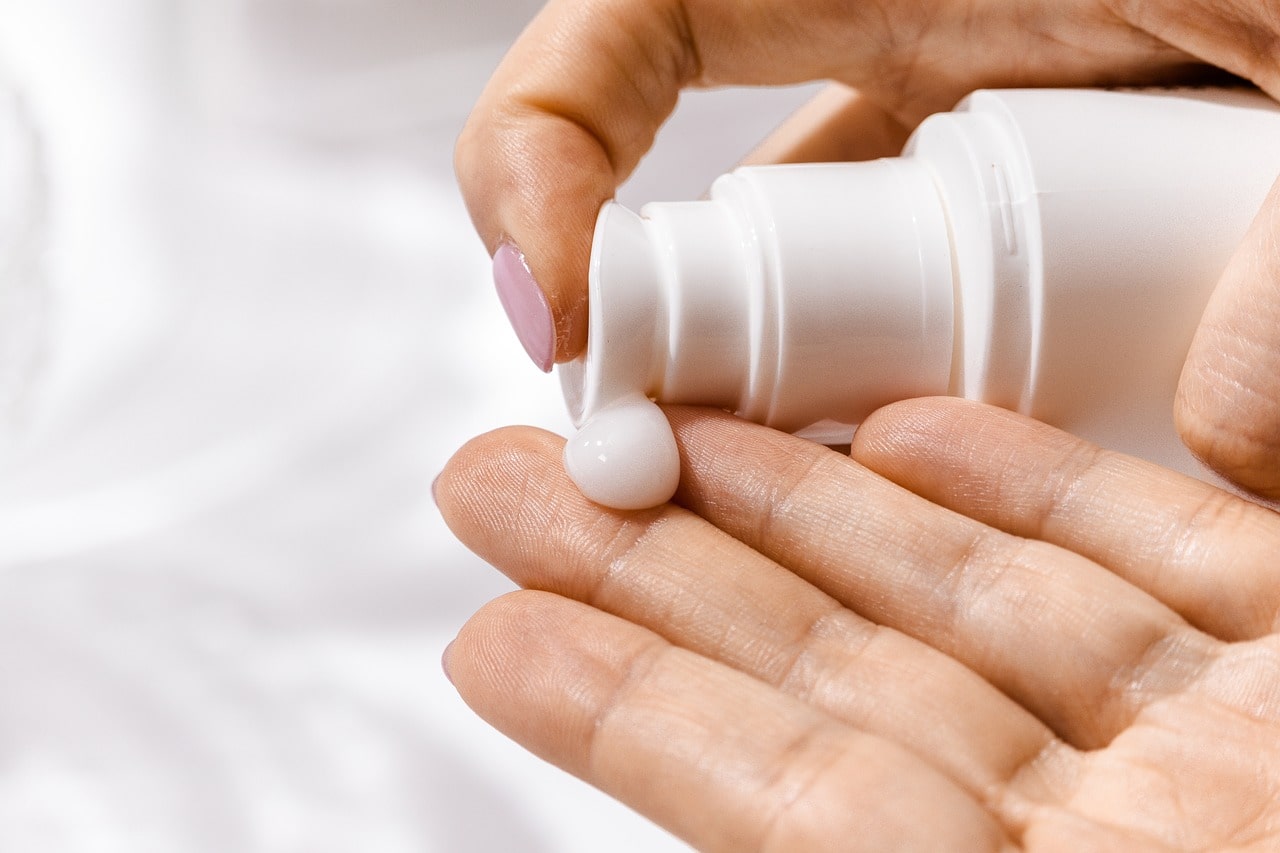
Here the water does not evaporate but is absorbed by the skin, which often causes the pores to dilate.
This happens because the skin under so many oils does not ‘breathe’, and the pores must open wider to allow the accumulated heat in.
These emulsions often cause comedones. They are not suitable for oily, combination and acne skin.
Is oil enough to moisturize skin?
It is clearer now when we know the primary specifics of the emulsions.
Moisturizers are a more efficient tool in your skincare routine than just oils because you can finetune your approach.
You can choose a water- or oil-based moisturizer based on your skin type. You can pick a moisturizer with active substances (like hyaluronic acid) or without such.
Thus you can find the right balance between having water and oils in the cosmetic formula or pulling the water from deeper in the skin or air as humectants do.
The bottom line
There is no right or wrong approach there. Both oils and moisturizers are an option.
Can face oil replace moisturizer? Sure, in some cases, oil is going to be enough.
But which is the better solution? Moisturizer is an emulsion which gives “more bullets in the gun to hit the target”.
Thanks for reading!
Valeria
